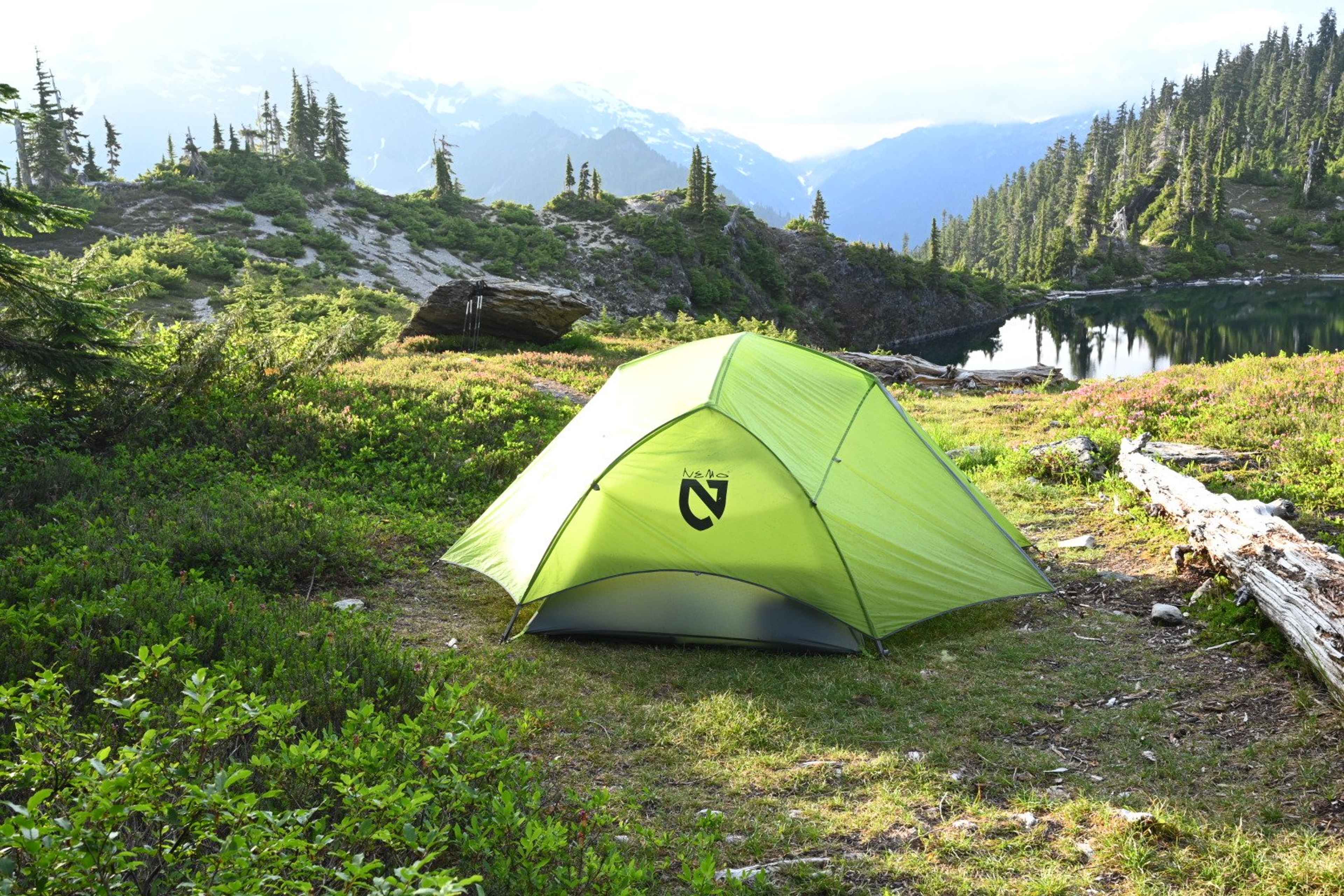Campsite Selection: Finding the Perfect Site in a Campground
Published September 13, 2023

Sally Steele
Co-Founder & Chief Executive Officer
Clear Lake State Park, CA. © Outdoorithm
What Makes a Good Campsite?
Embarking on a campground camping adventure offers a balance between the wild allure of nature and the comforts of modern amenities. But amidst rows of sites and options, what defines a truly good campsite? Here are the factors that set apart a regular campsite from a camper's delight:
Safety First
- Stable Ground: Your site should have firm, flat terrain, ensuring that tents, RVs, or campers are securely placed.
- Distance from Roads: While accessibility is good, being too close to busy campground roads can be noisy and dusty (and more dangerous when camping with small children).
Proximity to Amenities
- Restroom/Showers: Being nearby is handy, especially for nighttime visits, but being right next door might mean noise, excessive light at night, and foot traffic.
- Water Sources: Having a water spigot nearby or easy access to water that can be pumped and filtered (e.g. from a creek or lake) is essential.
Environmental Considerations
- Shade and Shelter: Look for sites with trees that can provide shade during the day and some protection against rain or morning dew.
- Ground Condition: Grass or compacted earth is preferable to sandy or muddy grounds. Ensure there's adequate drainage in case of rain so your campsite (and gear) stays relatively dry.
- Hazards: Check to see if the site has hazards like poison oak and look out for ant hills or other signs of frequent animal presence.
Space and Layout
- Size Matters: Especially during peak seasons, you'll want a spot that is somewhat private and gives you ample space to stretch out without feeling crowded by neighbors.
- Level Ground: For tent campers, this ensures comfort during sleep. For RVs or trailers, level ground is essential for proper setup. Avoid very steep or bumpy sites.

Beautiful campsite at Lake Alpine in Stanislaus National Forest. © Outdoorithm
Privacy and Noise
- Natural Barriers: Bushes, trees, or rocks can offer a semblance of seclusion even in a busy campground.
- Distance from Group Sites or Playgrounds: If you're seeking tranquility, being too close to large group sites or playgrounds might not be ideal.
Views and Scenery
- In a campground, some sites inevitably offer better views than others. A site overlooking a lake, mountain, or open meadow can enhance your experience.
Campfire and Cooking Areas
- Ensure that the fire ring, grill, or picnic table is in good condition and conveniently located within the site (i.e. there's enough space to set your tent far enough away from both the table and grill, so food smells don't settle into your tent fabric).
While all campsites in a campground provide a gateway to nature, there's an art to selecting the one that aligns perfectly with your camping aspirations. By considering the above criteria, you'll be well on your way to a more comfortable and enjoyable camping experience. Here's to creating memories that last a lifetime.
Happy camping!
Share this blog
Join our newsletter to get more resources and tips to help your family camp with confidence!
Some of our blog posts include affiliate links. If you choose to purchase with those links Outdoorithm may receive a small commission. Thank you for supporting our work.

Previously
Car Camping in Winter: Top Tips for an Unforgettable Adventure
Car camping in winter is a great way to get outside year round. Read our easy tips to have a safe, comfortable, and memorable time in the outdoors this winter.

Up next
Renting Camping Equipment: which gear is worth buying?
Wondering whether to rent or buy your camping gear? Here’s our list, plus the trade-offs, based on almost two decades of experience camping and backpacking.